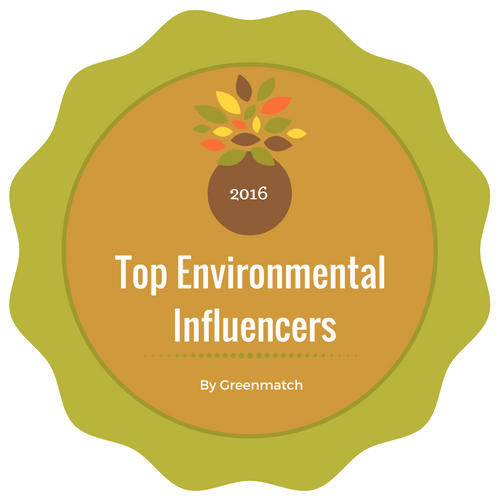 Pete, Nicola, Lola, 9, and Nell, 6, spent three happy months during summer of 2007 traveling around Britain. Now we’re home, but the travel bug is still there. Join us for the occasional sightseeing plus tips on how to shrink your carbon footprint. This post is from Nicola
Pete, Nicola, Lola, 9, and Nell, 6, spent three happy months during summer of 2007 traveling around Britain. Now we’re home, but the travel bug is still there. Join us for the occasional sightseeing plus tips on how to shrink your carbon footprint. This post is from NicolaMuch of north west Norfolk is an agricultural desert for most birds and insects which struggle to cope in the over-pesticide drenched fields, under the plastic-forced veg or the bare soil, so it was a delight to go for a walk over the permissive paths at Courtyard Farm, near Ringstead. Courtyard Farm is run by Greenpeace's former boss, Lord Melchett on organic principles.
We took a two mile loop over Ringstead common (which is almost hilly and smelt intoxicatingly of hawthorn blossom, aka May) and then across several stunning hay meadows awash with flowers. Supposing we'd strayed from the path it would be impossible not to crush the many flowers - cowslips, ox-eye daisies, vetches, scabius. The fields aren't just eye candy for visitors, we enjoyed hearing larks and learning from the useful free leaflet provided at the car park.
"Artificial fertilisers actually kill life in the soil. English partridge chicks need to eat insects in the first weeks of their life, and chemical sprays kill insects. so baby partridges, tree sparrows, corn buntings, yellow hammers and skylarks starve to death. Weed killers kill the native plants that hares and turtledoves depend on."
"50 years ago, most crops were planted in the spring, and fields left over winter provided food for wildlife. Now most crops are planted in the autumn and the sprayed fields provide no food for wintering wildlife. So birds and other animals have declined because adults starve to death in winter, and their young starve to death in the spring."
"Over the last few years we've seen wildlife return as we changed to organic farming. We have stopped using artificial fertilisers, and sprays that kill insects and weeds. Life has returned to the soil... We have 4 times the number of skylarks and 3 times the number of hares since we started to go organic..." In 2002 there were 90 partridges (the low point was just 16 birds in the 1980s).
Melchett clearly loves his land, it must have been his vision of Courtyard that helped inspire his brave anti-GM crop campaigning. He also got a Bill through Parliament that prevented some birds, eg, curlews, being shot.
"Many do not accept that modern farming has done all this damage, and have put the blame elsewhere. People walking in the countryside are accused of disturbing wildlife. More popular villains are magpies, crows and foxes....
Melchett reckonsthat: "organic farming provides more jobs, far better welfare for farm animals, uses less energy and produces healthier, tastier food..."
If this is true (and I obviously think it is) why can't all farmers be like this one?
And why do shoppers think it is OK to buy so much cheap meat farmed horribly on land that was once rainforest, then flown in all the way from Argentina? It's enough to make me want to pick an annual meat budget (say #100 and then just enjoy tucking into a few tasty, well farmed UK-raised, memorable dishes over the year).
The only other meadows I've seen like this were in the Yorkshire Dales National Park, near Malham Tarn, owned and managed by the National Trust. As the springs pass I hope I'll see many more.
If you want to see the flowers, and don't like picnics, you can also treat yourself to a posh lunch, and local ale, at The Gin Trap, Ringstead. And if you don't happen to be in the area on a Wednesday afternoon when you can buy organic beef, pork and lamb from the farm, then purchase freezer packs at the superb General Stores at Ringstead (open seven days a week stocking basics, papers, Post Office stuff and affordable antiques). Price list from Robert Giles, 01485 525 251, couryardfarm.organic@virgin.net




No comments:
Post a Comment